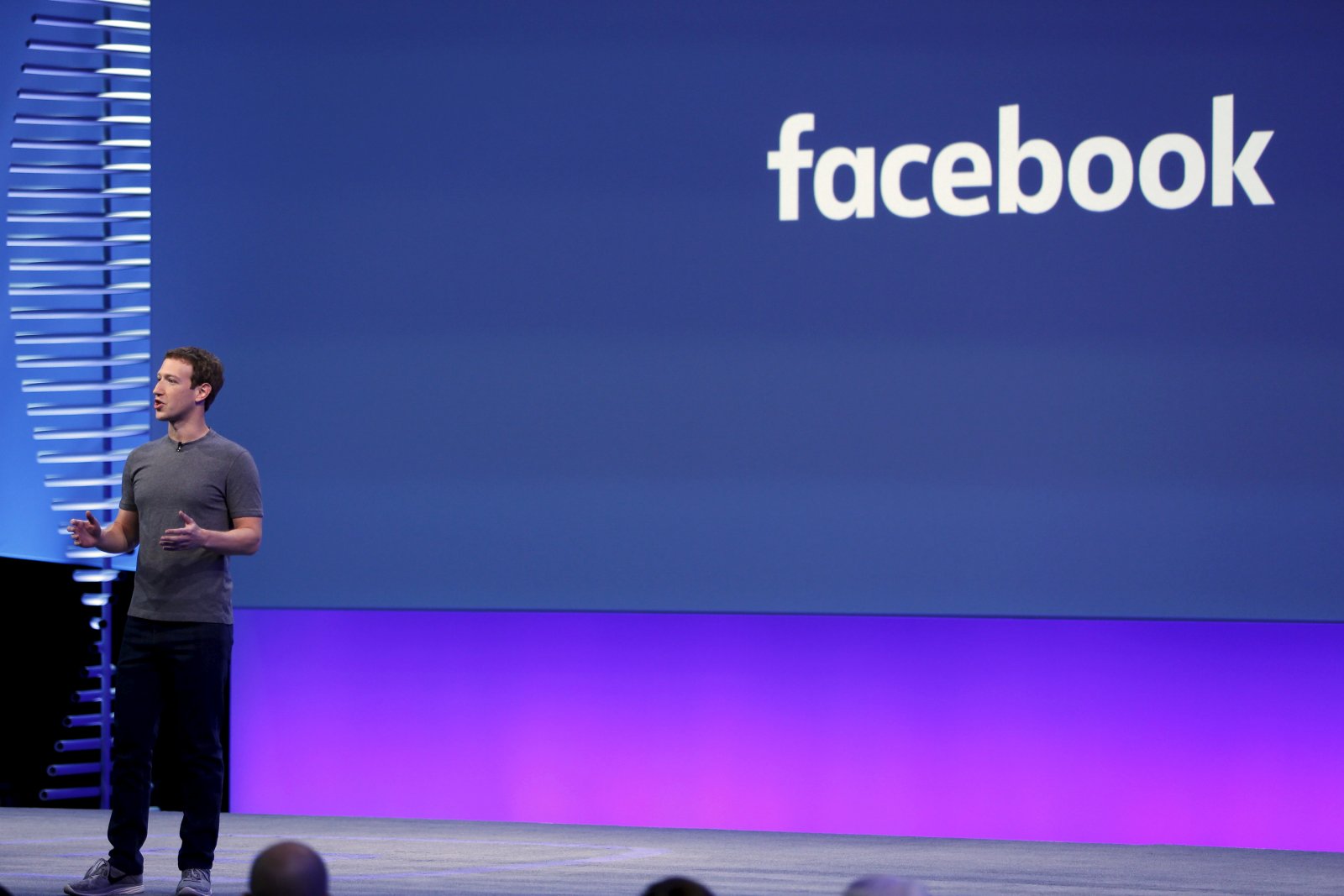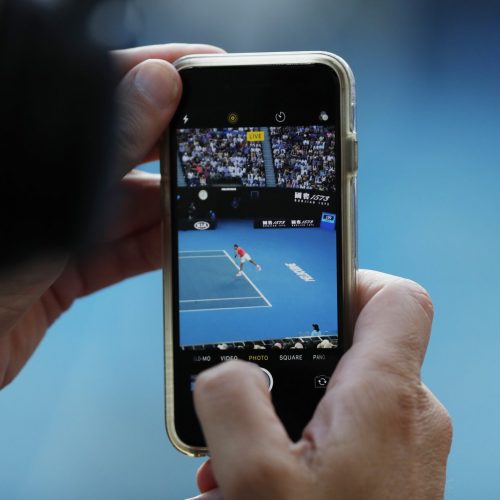Could Facebook’s newest feature speed up VR’s path to the mainstream?
Virtual reality (VR) has been on the doorstep of common use for a while now, but it has yet to make a real dent. The will seems to be there, but the technology is still quite young, and adoption hasn’t been widespread.
The arrival of the likes of Google and Samsung into the game, alongside Oculus – owned by Facebook – who have been pioneering VR for years, seemed like it might give a ramp to the tech, but so far despite ads and offers, the public is slow to bite en masse.
But when big companies get behind something properly, it has to help. And this week, Facebook’s Mark Zuckerberg has given VR as a whole a bit of a boost.
Oculus has announced a new standalone headset, billed as its most affordable yet, but perhaps the biggest news is the potential launch of ‘Venues’, “a new experience coming next year that lets people watch live concerts, sports, and movie premieres with thousands of other people around the world.”
At first glance, this is big news for both VR and indeed Facebook’s own plans, presumably venturing into “live concerts, sports and movie premieres.” In terms of sport specifically, we know already that the social media platform intends to get as many live events as possible, and has also started to roll out on-demand content produced by football clubs like Real Madrid, but this seems to confirm the push for live content.
The new ‘Watch’ tab, currently available in the US, seems to play into this, too, and the next sentence of Facebook’s announcement seems to chime quite nicely with what the company’s Sport Partnership Lead, Jerry Newman, told Dan McLaren on the Digital Sport Insider podcast just a few weeks ago.
“We’re also working very closely with the producers of this content to help them to better curate their content to a social environment. So we’re working with a number of media partners which can introduce graphics, can pull up comments, encouraging commentators to acknowledge the audience on social. So it’s a very different viewing experience,” Newman said of the Watch platform and the plans to integrate a social element to live – and potentially on-demand – content.
VR, then, may not be the only way to experience this content from Facebook, but it does look like a way to enhance the experience, especially with live events. Yet although this does seem like a boost for VR – potentially pushing it closer and closer to the mainstream if Facebook can become a go-to place for sports, music and movies – it doesn’t look like they’re betting it all on VR.
The problem for the tech is that it might still be too early in its development for people to want to wear a headset for a full game, especially when it comes to events like NFL or MLB, which can take hours. The technology will probably have to advance more for that to happen, both in terms of how it looks and how it feels.
But if Facebook can become a hub for both live and on-demand entertainment over the next few years, and if it integrates VR technology into its output as standard – even if we’re able to watch as normal – it might just push VR into everyday life in a way that it hasn’t managed to achieve just yet. This could be a space to watch.
About author
You might also like
The seven essentials for achieving successful sports branding
By Daniela McVicker When it comes to sports, great branding is a must. Your brand influences how people see your company or team. It helps you to forge connections with
Live Chat: A New Social Experience in Sports
Article written by John S. Kim, CEO and co-founder of global API company SendBird Social media rose to prominence throughout the world due to its potential for connection. Social channels provided the
Snack Media’s Football Content Campaign’s Review: February
By Mike Constanti This series, in partnership with Snack Media, will look at the best football campaigns from advertising to social media on a monthly basis, as Digital Sport evaluates how








